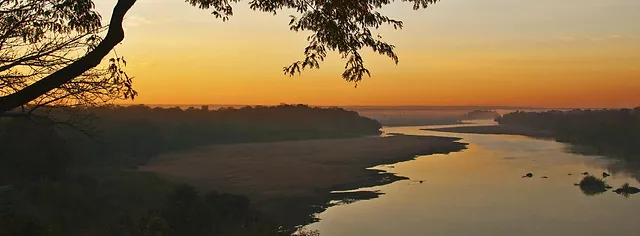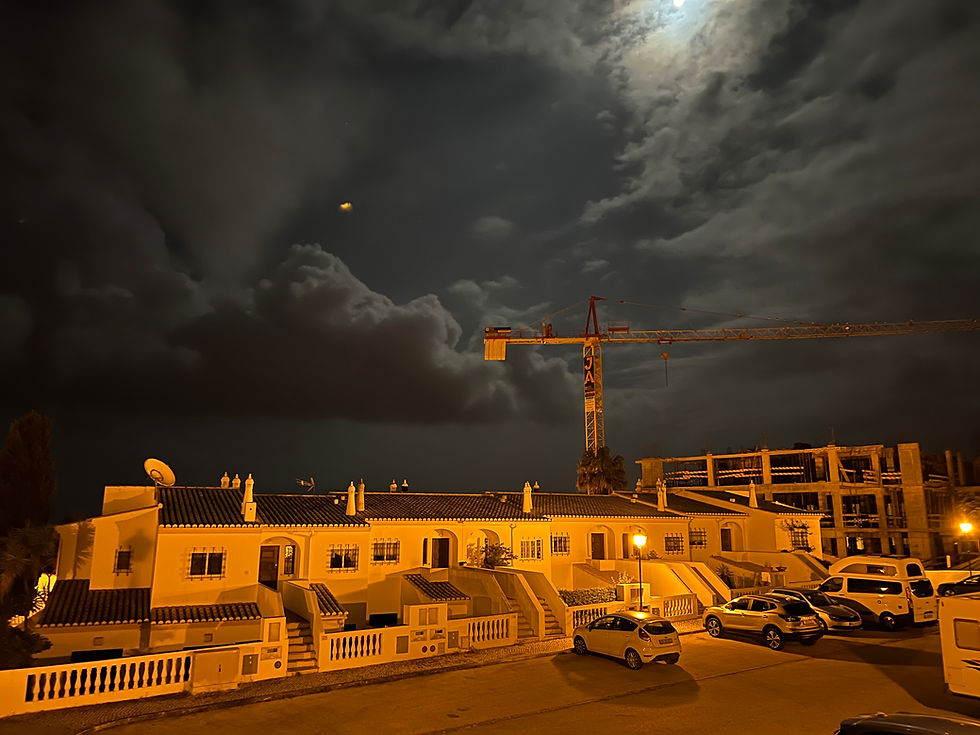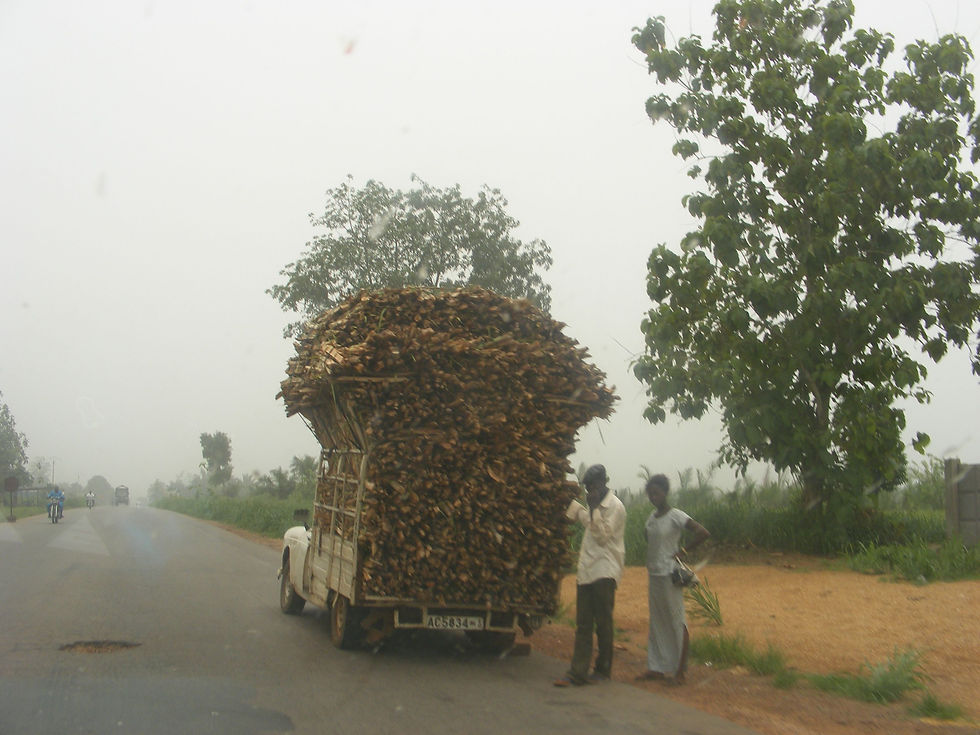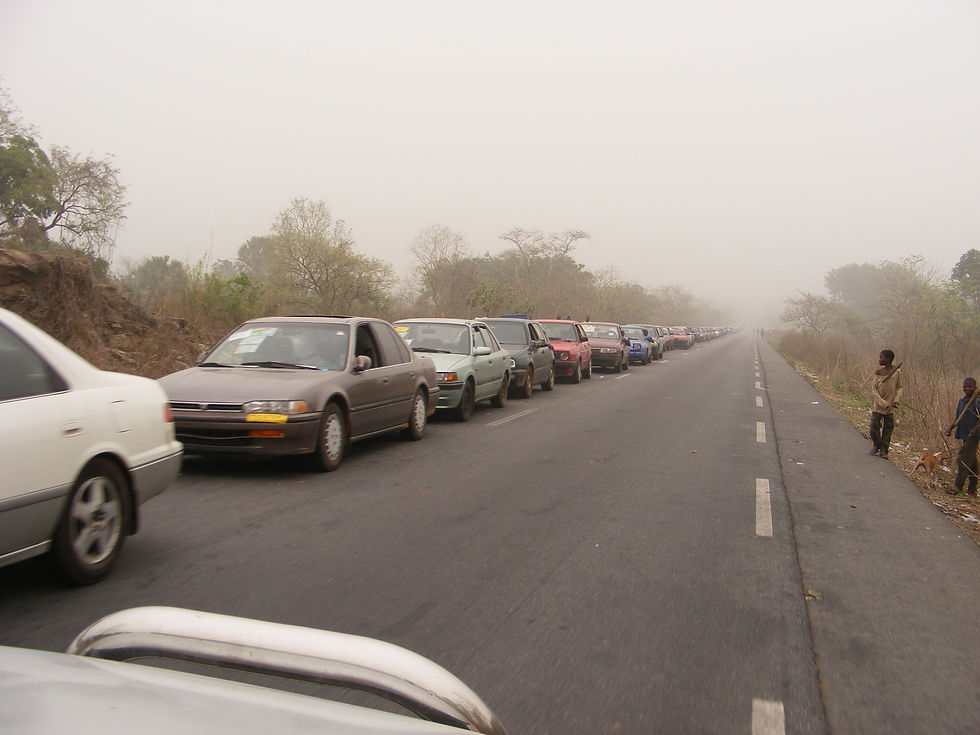
Perhaps due to becoming older, it was only after emigrating to Rhodesia that I started meeting the majority of the people who would become my lifelong friends. As I said in earlier life, I seemed to shed my friends as I moved on, be it from the Isle of Mull, school or the Merchant Navy. Location and the penchant in those days of youths’ avoidance of communication ensured broken ties. How things have changed. Today it is hard to have a direct conversation with the young without an ‘at distance’ interruption on the mobile. The exception was college, which I put down to meeting people with the same interests at work and play. The same values perhaps, for example, we all worshipped beer. As I look back, most of my lifelong friends come under the same mantle: farming, fishing and rugby all followed by a beer. Of course, there are exceptions, there are always bloody exceptions.
“Exceptions always contradict everything you believe and stand for. They compromise your beliefs and principles. In saying that, they help balance your life so you should accept them not reject them outright on principle.” - Peter McSporran

On arrival in Rhodesia, my sister’s in-laws introduced me to a family in Salisbury where I could set up a base in my search for employment. Later it is where I would spend my weekends off. The Foxes were a generation older than me, Bill being an ex-Japanese prisoner of war and his wife, Joyce, an ex-school teacher. Even more surprising, they were English, having emigrated to Rhodesia post-war where Bill set up his own painting contract business. So, in fact, we had nothing in common other than a penchant for hard work, Bill far outstripping me in this regard. He was also pedantic, while I could only be described as laissez-faire. Needless to say, we became good friends, generous with their time and hospitality to a young bachelor in a foreign country. Even closer so than the aunts and uncles I left behind in Scotland. Why do I often ask myself this question?
“Friendship comes in many forms and is not a respecter of age, greed or gender. Friends are all equal in each other's eyes with undefined boundaries. When those boundaries are broken, sadly friendships may end.” - Peter McSporran
On starting work for the Smiths' I slowly became a friend of their eldest son, Alistair, who was in his last year at school when I arrived. He was to become one of my lifelong friends, his parents changing from employer and mentor to friends over the years. A couple of years later I met Mike Belinsky who also became a close friend and future brother-in-law who on my introduction married the Foxs' daughter Irene. She was still a schoolgirl when I first met the Foxs'.
Pondering about this I realised that my life’s course was built around the links of friendship.
“Many despise the ‘old boy’ or ‘friend’ network. I have found life is much easier in business including farming with the aid of trusted business acquaintances and friends for recommendations and mentorship. Not all, but many opportunities arise through connections without them necessarily being to the exclusion of others.” - Peter McSporran
Gonerazhou Continued
The call-ups to the Southeast seem to merge together in my memory. The war had changed, ambushes and daylight attacks against the Rhodesian forces became much more prevalent. Landmines; a constant reminder that the enemy was always close although often unseen. Every call-up was gung-ho until the last ten days or so when your adrenaline skyrocketed in anticipation of getting home safely. You prayed to God for this even if you did not believe in him. The last two weeks of call-up made us all nervous, six weeks was a lifetime but you could envision home in the last days. Strangely, in a cruel twist of war, it seemed many became casualties in those final days. It may have been an incorrect perception but to us, it seemed real. Naturally, going home for ten days was not much of a break. I planned to get married in September that year so all was very much left in Diane and her family's hands to prepare. I required leave from the army for the wedding and to my surprise, my father and step-mother wanted to attend. That was still a couple of months away. Towards the end of that first trip to the Lowveld, we moved our company base to Nyala Siding close to Vila Salazar with Mavernia on the Mozambique side. Although Nyala was just a couple of kilometres from Vila Salazar we did not get the frequent stonkings (attacks) which that town got almost on a nightly basis. This part of southern Gonerazhou was pancake flat, semi-arid bush growing in Kalahari sand with a few pans where freshwater could be found if not saline. Map reading was a nightmare with no river or hill features. Elephants could still be a problem and observation points were of no use so patrols and nightly ambushes were our modus operandi.
One particular night comes to mind. Our stick; all sticks were four men in case of helicopter pick-up or deployment, where in an ambush on a well-worn track when all hell broke loose to our east. One of our sticks had sprung an ambush on a large group of CTs coming across the border on the very same track we were on. As in most nighttime ambushes, you had no idea how many enemies you were engaging with at the time. This never deterred us, even in daylight, but it was always scary when you opened up on a target to your front when fire was returned from all around. Thinking back it sounds pretty stupid but that was how this war was fought by the Rhodesians. I think we considered them ‘poor shots’, we thought we would ‘not be the one’ and would survive although as our casualties mounted we were learning even bad shots could kill you. They tried to compensate for their inaccuracy by firing on full automatic so there were often many more incoming rounds than outgoing.
It was obvious to us from the amount of gunfire the stick was heavily outnumbered. There was another stick closer to them than us to their north but we learned later a well known national rugby player who was the stick leader, on hearing the calls for assistance turned the radio off. True or false I do not know, except the person in question did immediately leave our company on his return to base. Anyway, there was little we could do at night other than get as close to them as possible without getting shot. In our type of war, guerrilla war, many deaths were caused by friendly fire due to the liquidity of our positions, especially in nighttime firefights. After a while, the shooting died down and we were informed to stop up just before reaching the contact area until first light.
The next morning with first light we moved towards where their last position was given and came across four very wide-eyed and alert troopies having sprung their ambush finding they had engaged a huge enemy group. Before we even reached them we were picking up abandoned landmines, equipment and rifles that had been dumped. The stick was behind a large anthill which had offered them cover during the engagement although they had been surrounded by the enemy. The stick was led by Bruce Thompson and included Rob Marshall, Ian Stewart, known as K-Car due to his prowess with the machine gun and one other I cannot recall his name. All around them were enemy firing positions, how they had not been overrun I will never know. In that incident, It was one of the many times I said in the war, ”Thank goodness it was not me.” Unfortunately on occasion sometimes you were the ones involved.
I first really learnt about Mugabe following this incident. as the one dead CT in the killing ground was carrying posters proclaiming Mugabe as the new leader of ZANU-PF. The round had gone straight through Mugabe’s head in the picture, pity it was not the real-life man. Eventually, Bruce and his men were uplifted with the many landmines and other items we picked up while we were instructed to move even closer to the border and set up another ambush in case the enemy tried to get through again. At that time all that stood between the countries was a dilapidated game fence so the next few days' ambushes were manned by a very alert stick. The next day Bruce and his men were back in the field after de-brief, no relaxation in the war now.
Benin Continued

After a late arrival in Cotonou, Benin I checked into a large pre-booked plush hotel where even a cup of tea at that time was beyond their capability. Following a stale croissant, we set off for a meeting with the minister and his team the next morning. As usual, the meeting started with the self-praise of the Government and the merits of the country followed up with some loose detail of the properties in question. Why ask about soils, rainfall or suitability? They did know the size although not the extent of the rumoured squatter incursions. Once finished his dialogue, the minister asked if we would like to ask some questions of him or his staff. Of course, this meant his staff as every instance we asked him a question he would refer us to his permanent secretary who in turn would refer it to some lower echelon who would have the task of saying they did not know the answer. At the end of the meeting, the overall general manager of the estates was instructed to accompany us to the ranches which he said he would do but only once one of the ranch managers arrived as he had never visited them himself. In Africa you will be surprised how many Government heads of departments have never been to their areas of supposed responsibility. The office is far enough for them where supported by title they ensure their stature is recognised amongst their peers.
As the ranches were mostly in the central north and southern regions we prepared ourselves for a long road trip to the furthest one from Cotonou being near the town of Parakou some four hundred kilometres away. My companion said she was familiar with Africa as she had been born in Cameroon and spent her first two years of life in the said continent. It often appears that many who place a foot in Africa claim amazing knowledge of this huge continent. Off we set for Parakou.

It soon appeared, as often is the case in Africa, that much of the country's population was situated around the capital in the South, either in Government employment or involved in informal trading. There was little industry to be seen. Being in the south also gave access to the sea and the transit network from Ghana and Togo to Nigeria, where the meaning of informal trade brought to me a new dimension of scale. The traffic was horrific, every vehicle overloaded, with many trucks supposedly taking ’locally produced’ parboiled rice to Nigeria. Benin, just as Zanzibar is the conduit for sugar into Tanzania, is the main transit point for imported rice into Nigeria purported to be home-grown, processed and therefore free of tariffs under ECOWAS. The year I was there, import tariffs for rice into Nigeria from offshore was 10% with a 60% levy surcharge while local rice from Benin attracted a 5% tariff. A huge margin. Some 760,000 tonnes of rice was reported to be exported from Benin to Nigeria that year alone. This was from a country that only grew 80,000 tonnes per annum. Now that is an informal market. Over the years in Africa, I have always said the GDP of African countries is very understated. Like tax returns, import and export documentation is hard to find.
According to the World Bank, Benin’s economy is heavily reliant on the informal re-export and transit trade with Nigeria, which accounts for about 20% of its GDP, or national income. And about 80% of imports into Benin are destined for Nigeria.
Due to the high population around the capital along with the huge informal and formal transport of these exports, it took many hours to get out of the city. Do not be surprised if it takes you four hours of a six-hour journey just to get out or through a city in Africa. It does not matter if, in West, East or Central Africa, they all have the same model many still relying on road infrastructure from the colonial days some sixty years distant. Thirty-tonne trucks were purported to carry seventy tonnes of goods while one-tonne pickups easily carried five tonnes.

Just on leaving the city, my travel companion suggested we eat. On agreeing, I advised she buy something freshly cooked, be it vegetables or meat. Freshly boiled nuts would also be OK. Against the driver and my advice, we were ignored. She was convinced it would be much safer and healthier to eat fresh vegetables, meat should be avoided at all costs and also roasted yams. Helping herself to some tomatoes and greens no doubt rinsed in some dubious water source, we set off into the traffic again. We had only travelled another thirty minutes until our first toilet stop on demand by her, there are no public toilets and the urgency only allowed for a few short steps off the roadside before nature's demands overtook modesty. I felt so sorry for her and five days into our return trip she was still incontinent eating very rarely and only eating well-cooked food. I really admired that lady’s fortitude.
Once on the open road, we found ourselves being overtaken by convoys, some at least five kilometres long, of imported second-hand cars. Were they heading to Niger or some friendly Nigerian border post? Meanwhile, the Harmattan was with us the whole trip meaning anything more than half a kilometre disappeared in the dusty haze.
More travels in Benin next week.
Disclaimer: Copyright Peter McSporran. The content in this blog represents my personal views and does not reflect corporate entities.
Comments